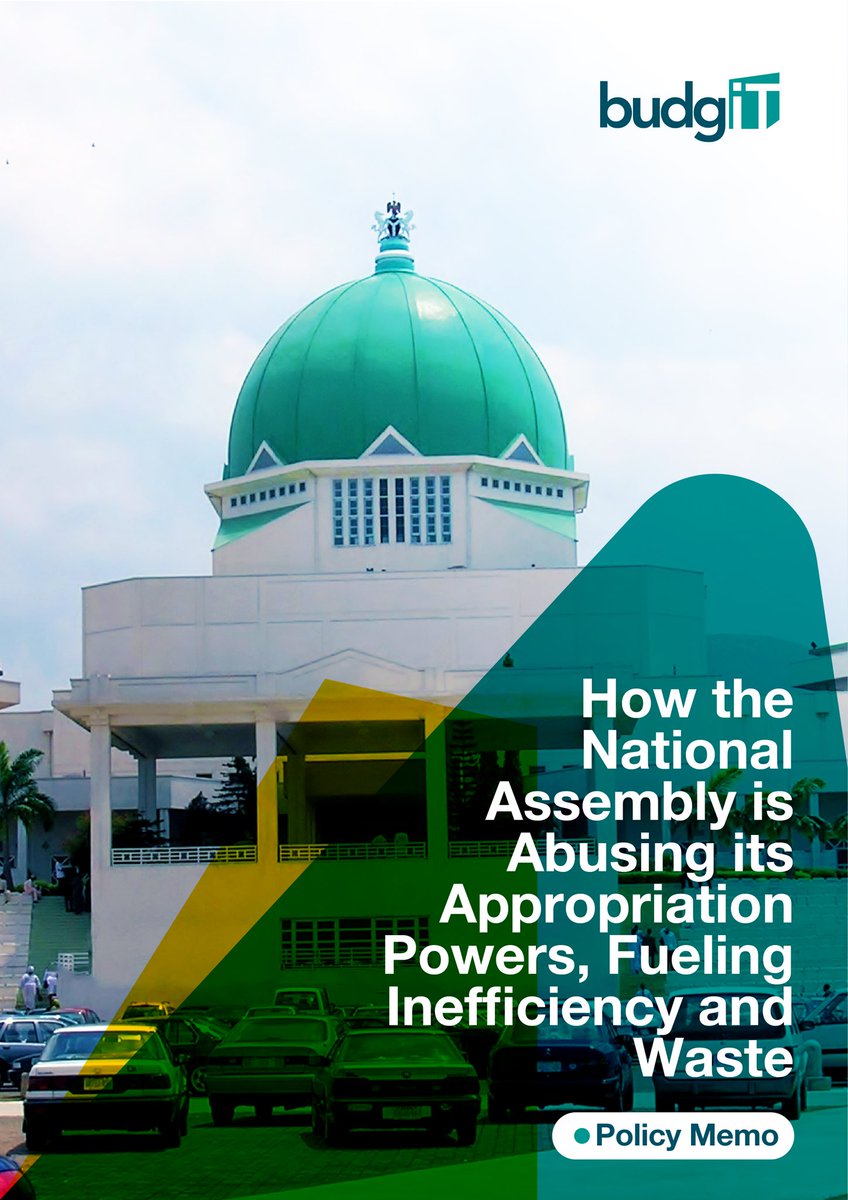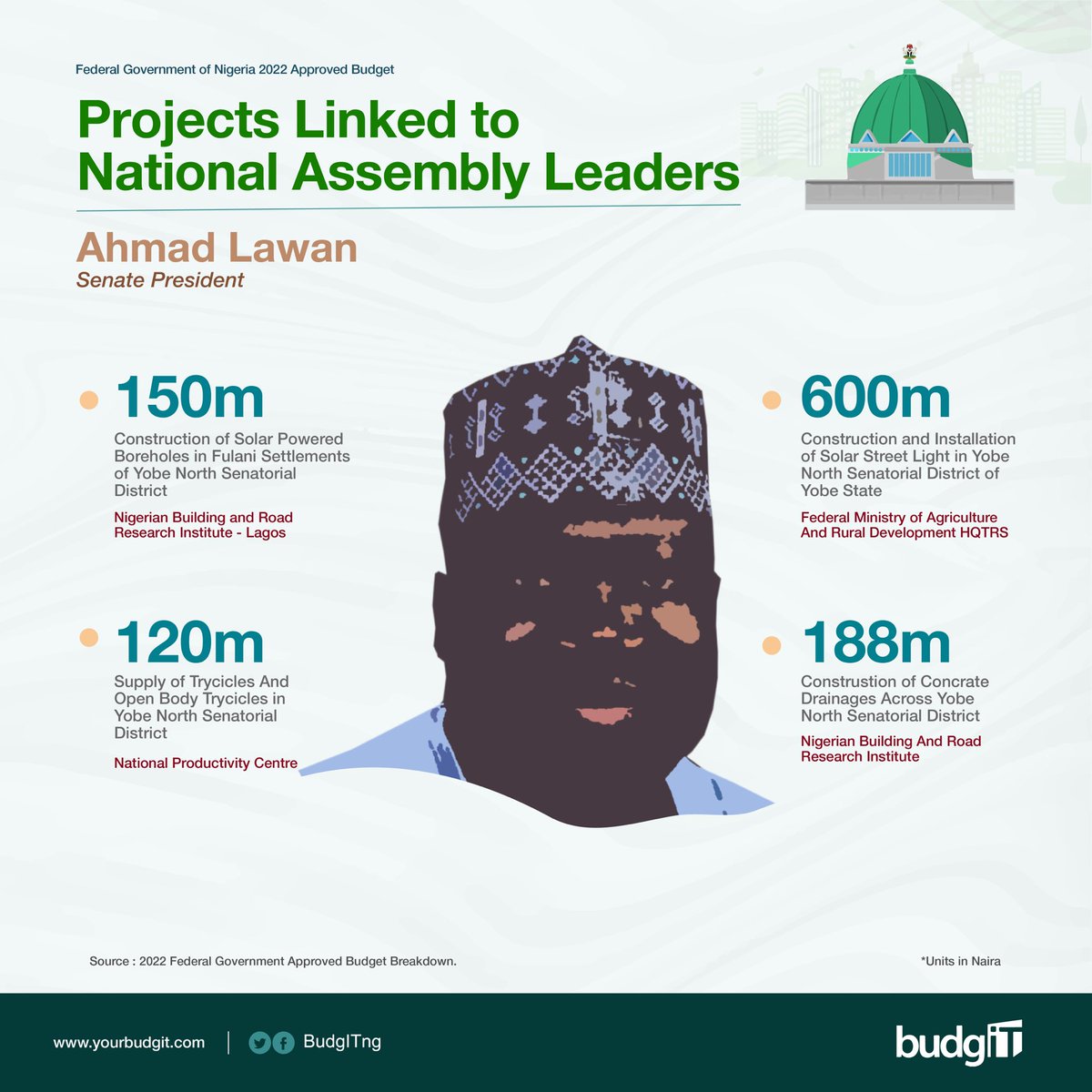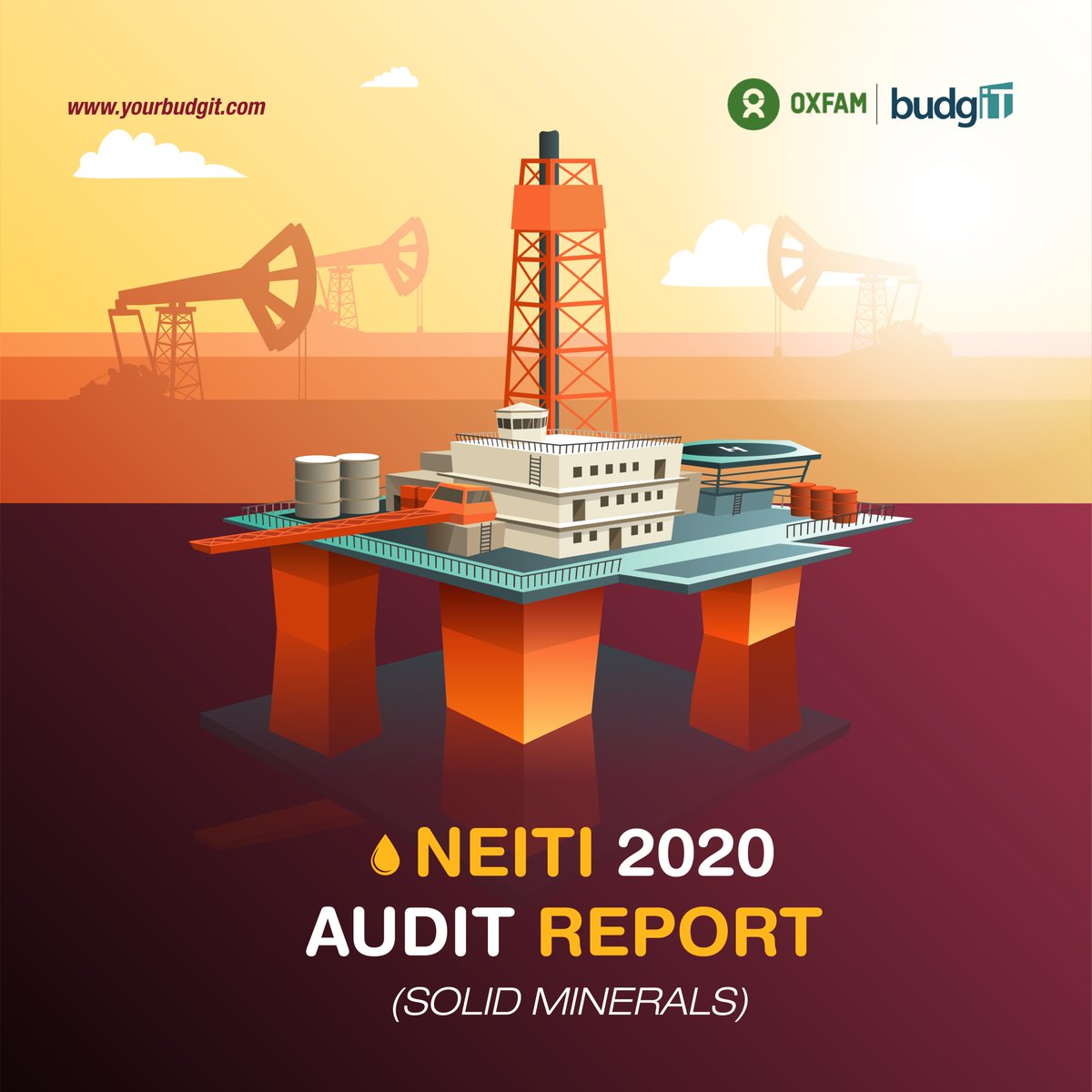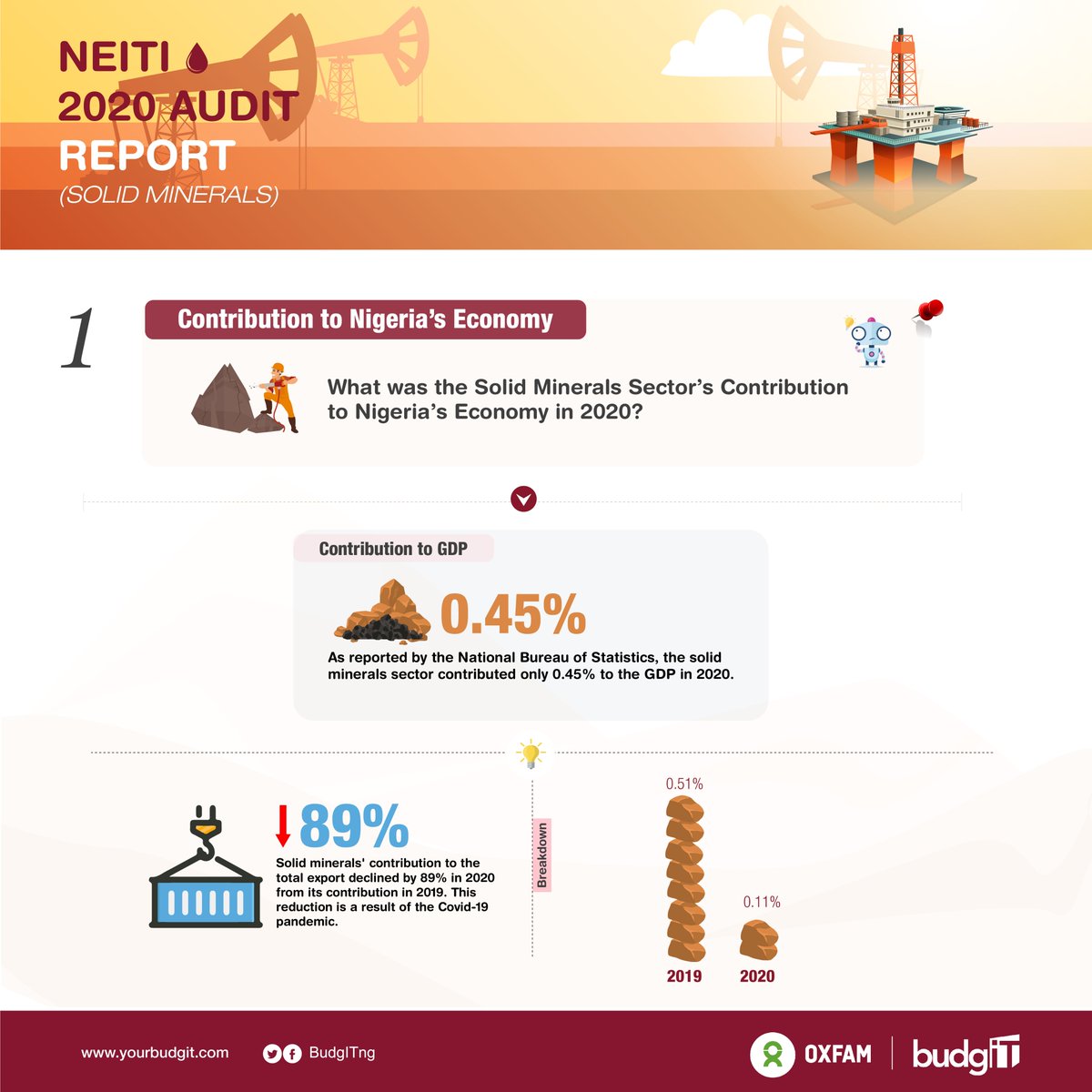
How is the @NigeriaGov improving public procurement? Is SFTAS intervention working?
According to the @WorldBank SFTAS assessment report, only 15 of 36 states met the DLI 6.1 requirement, while 16 met the DLI 6.2 requirement and published data on all contracts awarded.
Thread!
According to the @WorldBank SFTAS assessment report, only 15 of 36 states met the DLI 6.1 requirement, while 16 met the DLI 6.2 requirement and published data on all contracts awarded.
Thread!

Let’s take a step back to understand open contracting!
Open contracting is a system of procurement that allows disclosure of procurement data at all stages and engagement and feedback from other stakeholders. #FixOurOil
Open contracting is a system of procurement that allows disclosure of procurement data at all stages and engagement and feedback from other stakeholders. #FixOurOil

To improve public procurement, the @NigeriaGov created a portal that allows the increase and disclosure of procurement information to all stakeholders to ensure efficient service delivery, improved transparency, and accountability. #FixOurOil 

By making contracts available to the public, more people can scrutinize them, allowing for more sophisticated policy development based on an independent analysis by many stakeholders. #FixOurOil 

But because the industry is opaque, some of the people who will be responsible for making sure open contracting is done right have a stake in the outcome or are politically vulnerable.#FixOurOil 

Adopting open contracting will no doubt improve procurement quality and facilitate proper coordination and effective management of a country's natural resources. But how can transparency in open contracting be improved? #FixOurOil 

Transparency in open contracting can be improved if all aspects of the procurement process are supported by legal and regulatory frameworks. To facilitate data sharing and usage, relevant information for a procurement process must be published in a readable format. 
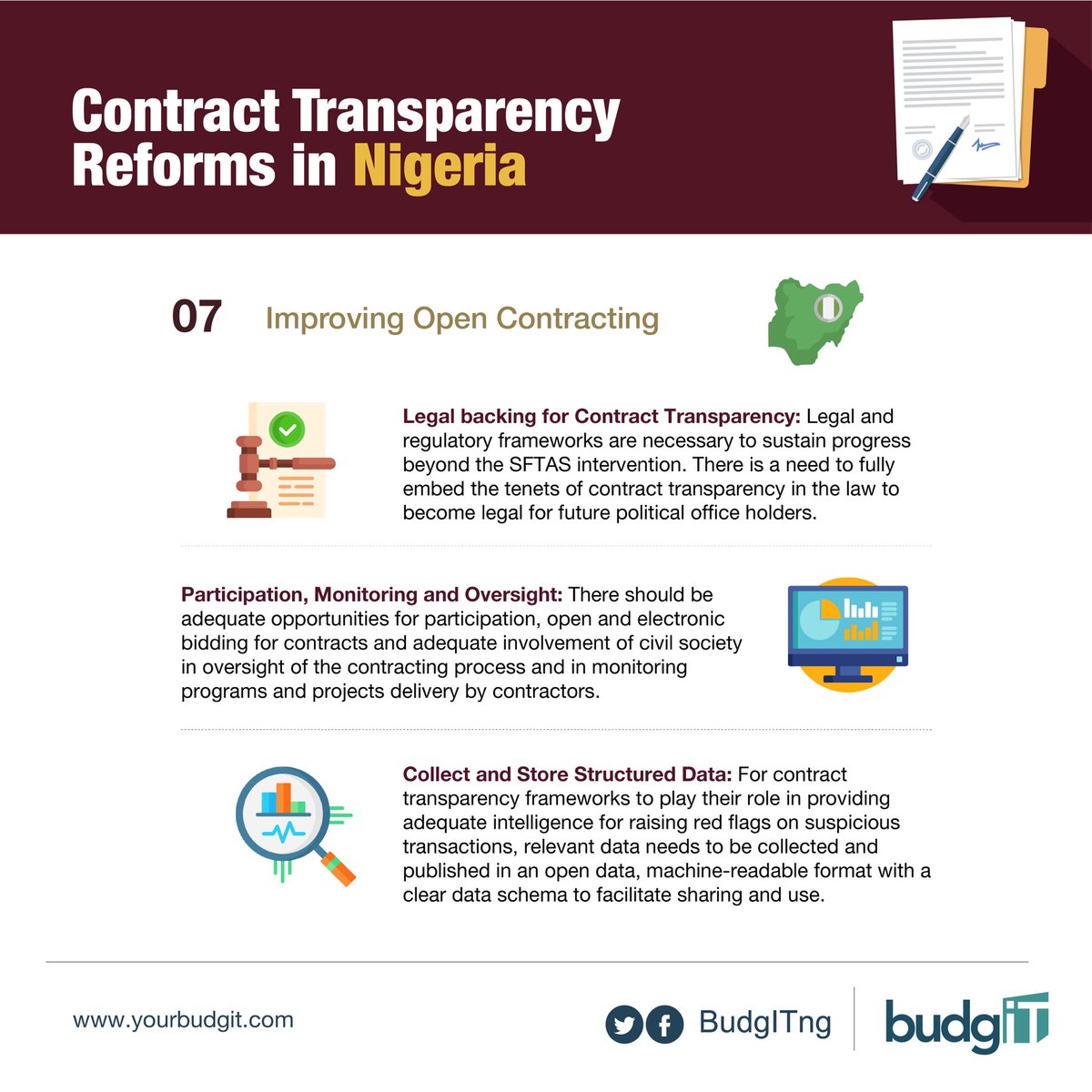
It is also important to keep up with the implementation of the PIA as this helps to track its implementation. #FixOurOil
Read more on Contract Transparency Reforms here: fix-our-oil.s3.eu-west-2.amazonaws.com/1669985808127/…
Read more on Contract Transparency Reforms here: fix-our-oil.s3.eu-west-2.amazonaws.com/1669985808127/…
• • •
Missing some Tweet in this thread? You can try to
force a refresh


